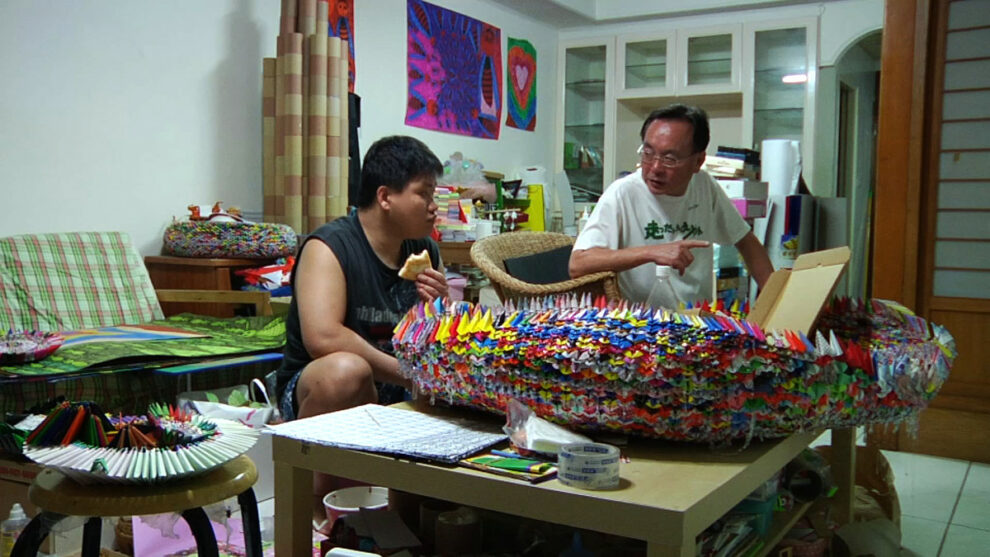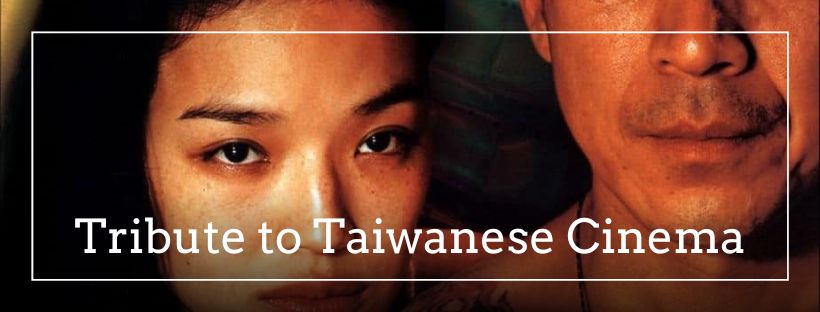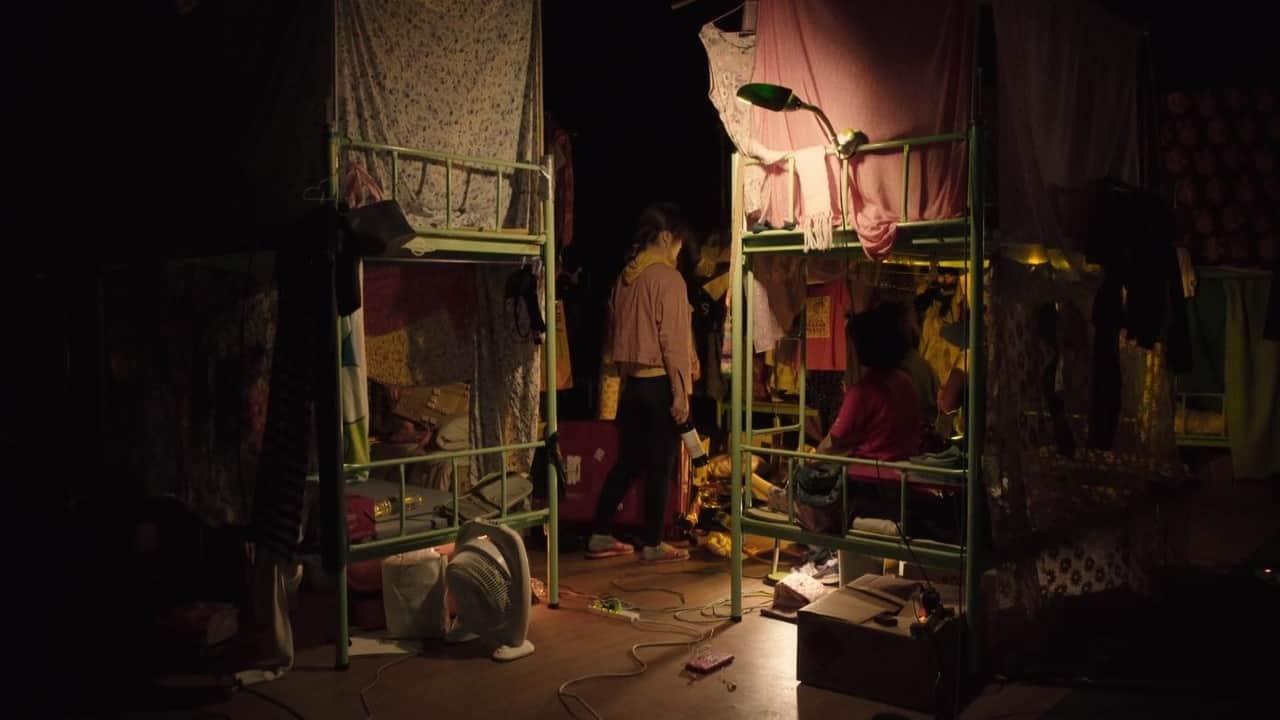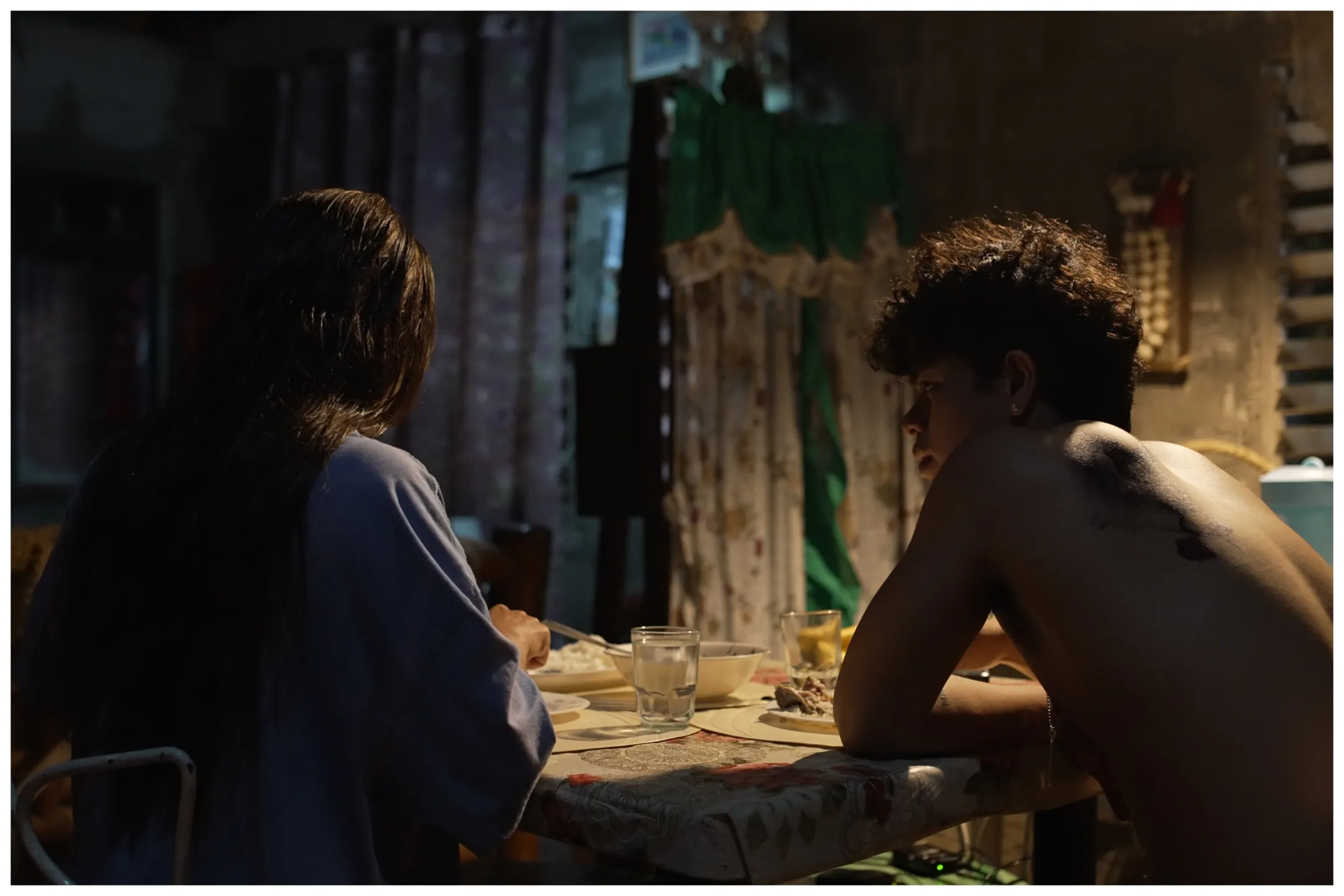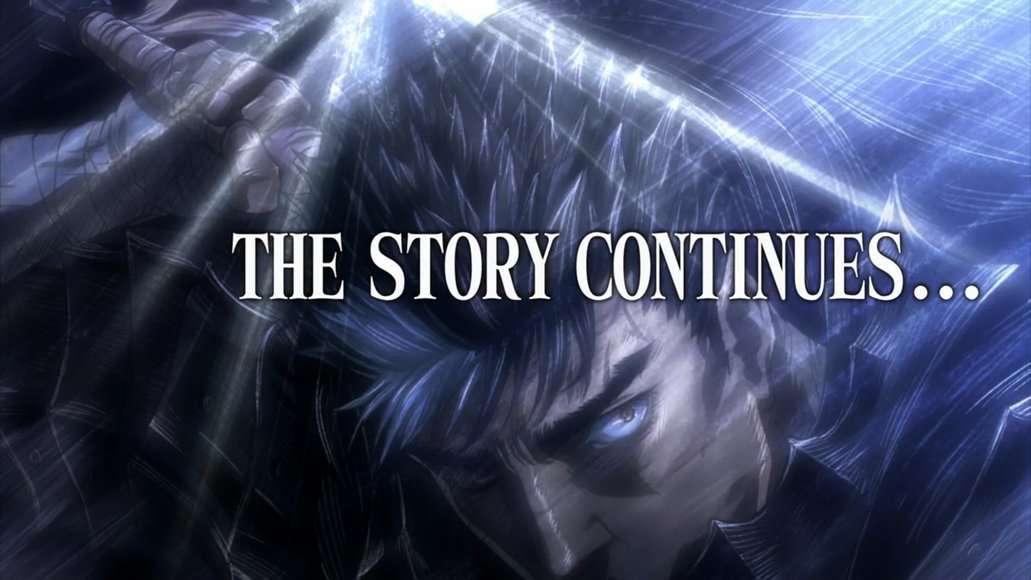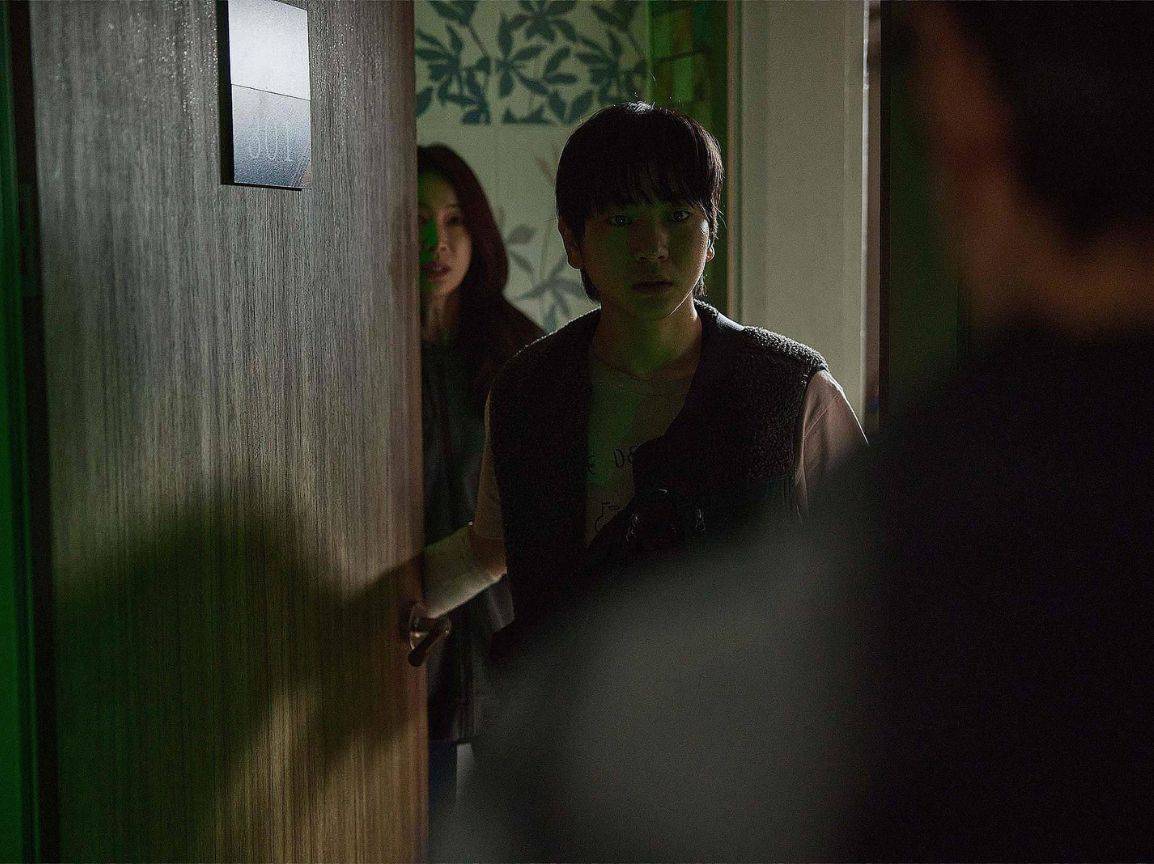Autism and particularly the whole concept of the spectrum have only recently become so common terms in the lives of people. As such, their representation in cinema is not exactly intense, and it was even less significant during the previous decade. Shen Ko-shang, however, still ‘dared' to shoot a documentary about the issue, through an intimate portrait of Chen Hung-tung, a father who cares with extraordinary patience for his autistic son Li-fu. “A Rolling Stone” was critically successful, winning the Taipei Grand Award, along with ones for Best Documentary and Best Editing, among a number of other awards.
The latter is a rather big man in his 30s whose mind is of a 13-year-old kid. The former is a 50-year-old father of two, who lives in a cramped apartment trying to both help his son, frequently going with him on beehive hunting, encouraging his artistic aspirations, and trying to prevent him from behaving badly. Regarding the last part, he does not always succeed, with Li-fu having a temper which frequently has him cursing and becoming violent, while his appeal for video games and old kung fu movies seems to have become part of his character.
Shen Ko-shang follows the family quite closely, frequently staying within the small apartment they share, with the documentary also including footage of the two protagonists, individually. Hung-tung also has to work, while he gives speeches regarding autism but the most shocking aspect of the documentary comes during his interviews with the director, where he occasionally lets it all out. This aspect comes in complete contrast with the image presented in the film, where he seems like a pillar of patience, never overreacting with his son's occasionally violent behavior. The final scene in particular seems to encompass all the truth about Hung-tung, but also all the parents of autistic children
At the same time, the question of why he keeps at it is answered multifold. His efforts to take him to some kind of institution were unsuccessful, mostly due to the lack of specialization in Li-Fu's case. At the same time, and considering how the mother is out of the picture, Hung-tung's efforts are both self-sacrificing and a testament to familial love.
Stripped of any kind of beautification, the film presents the relationship in a fashion that still manages to appear quite artistic, with Huang Kuan-Chun's editing emerging as one of the main mediums of this trait, particularly due to the succession of scenes here. Furthermore, at 54 minutes, the documentary definitely does not overextend its welcome, although some additional duration, which would shed some more light on the past of the family as much as the thoughts of the sister, would be interesting.
“A Rolling Stone” is a captivating documentary that thrives on its realism, sense of measure and artistic approach, and a rather sincere portrait of how life with individuals in the spectrum is.


